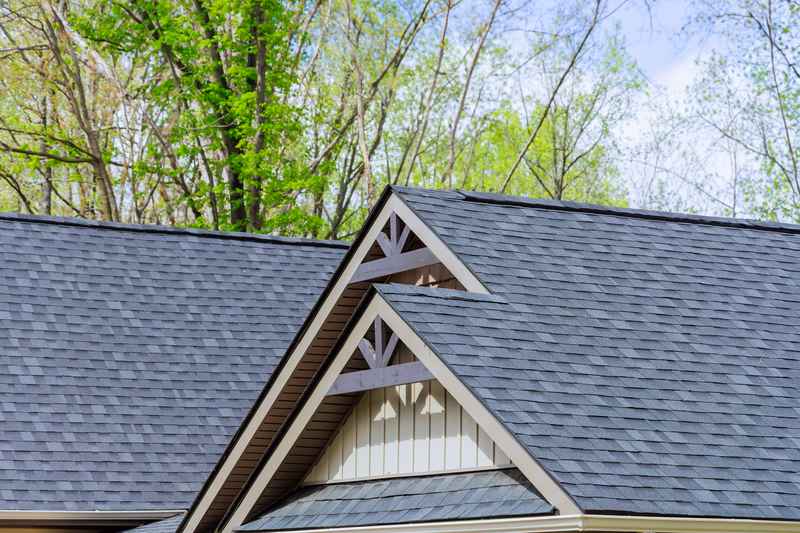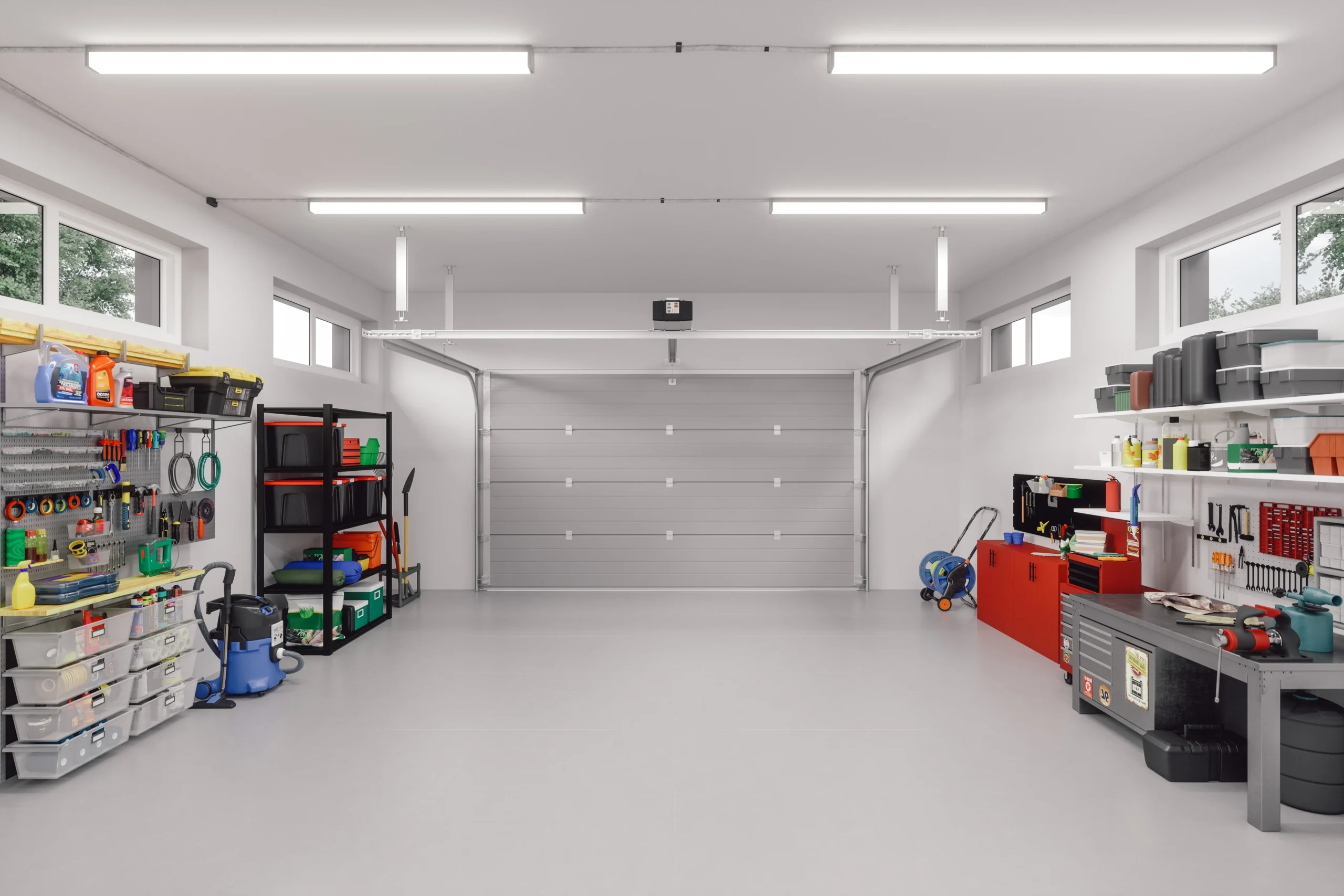
Understanding the Climate Impact on Dallas Roofing Choices
How Heat and Humidity Shape Your Roofing Needs
The climate in Dallas, characterized by hot summers and relatively mild winters, plays a crucial role in determining the most suitable roofing options. Temperatures often soar above 100°F in July and August, coupled with humidity levels that can spike, creating significant thermal expansion and contraction in building materials. This relentless heat can lead to premature wear and tear on roofs that aren’t designed to withstand these conditions. For instance, traditional roofing materials like asphalt shingles may lose their granules and begin to crumble under such stress, necessitating a more rigorous approach to material selection.
Homeowners in Dallas would benefit from choosing heat-reflective roofing options that not only endure high temperatures but also reduce overall energy consumption. Reflective roofs bounce off a significant amount of solar radiation, keeping attics cooler and contributing to a lower indoor temperature, which translates to reduced air conditioning costs. Suitable materials include lighter-colored metal roofs and special reflective coatings that can be applied atop existing materials. These choices allow homeowners to combat heat effectively while maintaining the integrity of their roofing system.
The Importance of Energy Efficiency in Roof Selection
Energy efficiency is a critical consideration for Dallas homeowners, especially given the potential for sprawling energy bills during the summertime. A well-insulated roof can minimize heat transfer, ensuring homes remain comfortable without the overwhelming need for air conditioning. Various roofing materials provide distinct advantages in terms of insulation quality and energy efficiency. For example, cool roofs, designed to reflect more sunlight and absorb less heat, can significantly lower cooling costs while extending the lifespan of the roof itself.
Moreover, investing in energy-efficient roofing systems may also qualify homeowners for tax credits or rebates. Understanding the nuances of the Energy Star program can provide additional financial advantages. Homeowners should prioritize materials that meet or exceed energy efficiency standards set by the EPA, leading to longer-term investment returns not only in terms of utility savings but also in home valuation. Engaging with roofing professionals who have expertise in sustainable practices can further aid in selecting an appropriate system tailored to energy efficiency while also addressing aesthetic and functional concerns.
Preparing for Severe Weather: What Dallas Homeowners Must Know
Dallas may not be categorized among the traditional storm-prone areas, but it is still significantly impacted by severe storms and sporadic hail, especially during spring months. As a homeowner, being prepared for the possibility of severe weather ensures that your roofing system can withstand high winds, heavy rains, and hail damage. To mitigate risks, considerations must be made for weather-resistant roofing materials and installation techniques that can add resilience to your home.
When examining roofing options in the context of severe weather, engaging materials such as impact-resistant shingles, metal roofing, and tile can enhance durability. These choices are often rated for their ability to withstand specific wind speeds and hail impacts. Additionally, ensuring proper ventilation and drainage can prevent water pooling and subsequent leaks during heavy rain. Before installing or replacing a roof, Dallas homeowners should consult with local contractors about building codes and wind resistance ratings, as many insurance companies may also have stipulations regarding the types of roofing materials eligible for coverage in weather-prone areas.
Types of Roofing Materials: Which One is Right for You?
A Deep Dive into Asphalt Shingles: Affordability Meets Durability
Asphalt shingles remain one of the most common roofing materials used in Dallas, celebrated for their affordability and ease of installation. They come in a variety of styles and colors, making them versatile in aesthetic appeal. However, it’s important to delve into the specifics when considering asphalt shingles, including the difference between organic and fiberglass shingles. Organic shingles, made with a cellulose base, are typically heavier and can be more biodegradable, while fiberglass shingles are lighter but offer superior durability and fire resistance, making them an increasingly preferred choice.
The lifespan of asphalt shingles generally ranges from 15 to 30 years, depending on the type, weather conditions, and installation quality. Regular maintenance, such as inspecting for loose or damaged shingles and ensuring that gutters and downspouts are clear of debris, can extend their durability significantly. Additionally, homeowners should seek shingles with a higher warranty period and manufacturers with solid reputations to ensure that the lifespan expectations are met. Overall, asphalt shingles present an enticing balance of quality, style, and affordability for Dallas homeowners.
Metal Roofing: The Modern Marvel for Dallas Homes
Metal roofing has surged in popularity among Dallas homeowners as a modern, innovative solution that beautifully combines style and functionality. Available in various materials like steel, aluminum, and copper, metal roofs stand out for their durability and longevity, often lasting 50 years or more with proper maintenance. They can withstand extreme heat, heavy winds, and hail, which positions them as an ideal choice for the unpredictable weather patterns of Texas. Furthermore, their reflective properties assist in energy efficiency, contributing to cooler indoor temperatures during the hot summer months.
Aesthetically, metal roofs can mimic other materials such as shingles or tiles, making them suitable for different architectural styles. However, one must consider installation techniques carefully, as improper installation can lead to issues like leaking or improper insulation. Engaging with experienced contractors specialized in metal roofing installation can maximize the benefits. Additionally, homeowners should explore options like pre-painted, galvanized coatings to prevent rust while offering a wide color palette to complement their home’s exterior.
Tile Roofing: Timeless Appeal with a Southwest Flair
Tile roofing holds a quintessential position in southwestern architecture, offering not only durability but also a captivating aesthetic that enhances property value. Clay and concrete tiles are the two primary materials used, each providing distinctive benefits. Clay tiles offer a unique rustic look, long service life, and excellent thermal performance, while concrete tiles are generally less expensive and can resemble clay tiles at a fraction of the cost. Both materials are excellent at maintaining indoor temperatures, making homes cooler in the summer and reducing reliance on air conditioning.
One thing to consider with tile roofing is its weight; ensuring that the roof structure can support the load is essential before installation. Proper installation is critical in areas prone to hail or strong winds, so hiring experienced contractors is crucial. The longevity of tile rooftops often exceeds 50 years, making them a wise long-term investment. Moreover, homeowners should ensure regular inspections for cracking or displacement to maintain their roof’s integrity. In addition, the array of colors and styles available positions tile roofs as both a functional and attractive choice for Dallas homes.
Finding the Right Dallas Roofer: Tips and Tricks
Red Flags to Watch for When Hiring Roofing Contractors
Selecting the right Dallas roofing contractor is a critical step that can determine the quality and longevity of your roof. One of the biggest red flags is a lack of proper licensing and insurance. Roofing is a high-stakes industry, and without the correct licenses or insurance, homeowners can face significant liability risks if accidents occur during the project. Furthermore, be wary of contractors that provide unusually low estimates; this may indicate subpar materials or service, leading to increased costs down the line.
Additionally, contractors that demand full payment upfront or do not provide written contracts can be a source of concern. Reliable contractors should be offering detailed written agreements that outline the project’s scope, materials, costs, and timelines. Lastly, trust your instincts. If you feel hesitant or pressured during your interactions, it may be best to pursue other options instead. Taking the time to vet potential roofers thoroughly can prevent future headaches and financial losses.
Questions to Ask Before Signing the Contract
Before finalizing a contract with any roofing contractor, it is essential to ask specific questions to ensure you are making an informed decision. Inquire about their experience handling similar projects, including how many they have completed in your area. Also, ask for references from previous clients to gain insight into their work quality and reliability. Understanding the types of warranties they offer, including materials and workmanship options, can also influence your decision-making process.
Additionally, it is critical to confirm their process for obtaining necessary permits and adhering to building codes. This protects you from future legal complications and ensures that the work meets local regulations. Questions about their cleanup process post-installation are equally crucial; a reputable contractor should be committed to leaving your property as clean, if not cleaner, than they found it. Communicating openly and asking these questions will help you identify a trustworthy contractor who prioritizes your satisfaction and safety.
How to Read Reviews and Ratings Like a Pro
Online reviews and ratings can significantly impact your choice of a roofing contractor, but knowing how to interpret these reviews is essential. Start by examining the volume of reviews; a company with numerous reviews may be more reliable than one with only a few. Look for patterns in feedback; consistent praise or complaints about specific aspects can provide insights beyond individual opinions. Focus on reviews that detail the project’s scope and context rather than vague comments.
Additionally, utilize multiple platforms, such as Google, Yelp, and BBB, to gather a well-rounded understanding of the contractor’s reputation. Be cautious of overly positive reviews that may sound scripted or overly negative reviews that could stem from personal grievances unrelated to work quality. It can also be beneficial to engage with reviewers directly, if possible, to gain additional insights into their experiences. Overall, a well-balanced approach to reading reviews will yield a clearer picture of a contractor’s reliability and work ethics.
Maintenance Tips for Longevity: Caring for Your Dallas Roof
Seasonal Checks: Why Routine Inspections Matter
Maintaining the health of your Dallas roof requires commitment to regular inspections and upkeep, especially given the fluctuating weather conditions. Seasonal checks are vital to detecting potential issues before they escalate into costly repairs. Ideally, homeowners should inspect their roofs at least twice a year—once in the spring and once in the fall. Look for signs of wear and tear, such as cracked or missing shingles, rusted flashing, and sagging areas that could signify structural damage.
In the aftermath of severe weather, additional inspections become crucial. Hail damages can lead to long-term leaks, while heavy winds can loosen or displace shingles. Reporting these issues promptly ensures that repairs occur before they compound, affecting both the roof’s functionality and the home’s interiors. Documenting the condition of the roof—such as taking photographs during inspections—can be beneficial for insurance claims and future reference.
DIY Repairs vs. Calling in the Pros: Finding the Right Balance
Some maintenance tasks can be handled by homeowners, while others require professional expertise. Simple repairs, such as replacing individual shingles, sealing small leaks, or clearing debris from gutters, can often be accomplished without specialized knowledge. However, homeowners should resist the urge to take on extensive repairs or installations that require significant skills. Climbing onto a roof poses safety risks, and improper repairs can exacerbate problems rather than solve them.
If unsure, it’s wise to consult a professional before attempting repairs, especially for complex issues such as extensive water damage or structural concerns. Prioritize establishing a relationship with a trustworthy roofing contractor who can provide guidance on maintenance and repair options. When it comes to your roof, investing in professional help can protect your home long-term and reduce the risk of costly renovations down the line.
Transformative Upgrades: Enhancing Roof Lifespan and Efficiency
Investing in roof upgrades can significantly enhance its lifespan and energy efficiency. Adding a radiant barrier insulation system to your attic can dramatically reduce heat transfer from the roof into your home, minimizing air conditioning expenses. Furthermore, modern ventilation systems improve air flow, helping to regulate temperature and minimize moisture build-up, which can lead to mold growth and roof decay.
Moreover, homeowners might consider upgrading to high-quality shingles, such as impact-resistant asphalt or energy-efficient tiles, that can withstand Texas weather while also enhancing aesthetics. Installing a green roof or solar panels can also contribute to sustainability and energy savings. Each upgrade should be meticulously considered in terms of potential return on investment and value addition to your home. Engaging with a reputable contractor can provide necessary insights and recommendations for transformational upgrades to improve your Dallas roof significantly.




